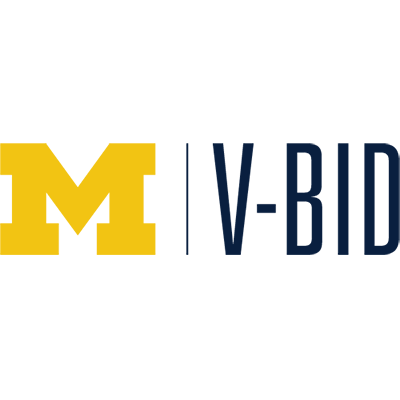
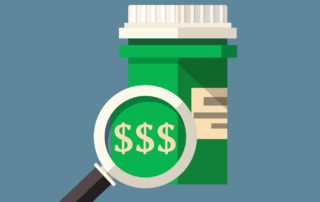
Federal Rule Directs Insurers to Reveal What They Pay for Prescription Drugs

CMS Takes Steps to Ensure Medicare Beneficiaries Have Wide Access to COVID-19 Antibody Treatment
On November 10th, 2020, the Centers for Medicare and Medicaid services announced that Medicare beneficiaries can receive coverage of monoclonal antibodies to treat COVID-19 with no cost-sharing during the public health emergency. The V-BID principle of reducing financial barriers to essential clinical care has been a consistent theme in the federal government’s, states’ and private payers’ responses to the COVID-19 pandemic.

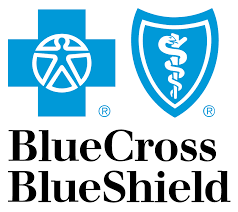
Five Ways for Policymakers to Continue the Fight Against COVID-19
The Blue Cross Blue Shield Association recently released recommendations for policymakers to address the COVID-19 pandemic. BCBSA stated that future policies and laws must focus on ensuring coronavirus prevention, testing, and no-cost access to a safe and effective vaccine, once it’s available. The statement also called for increased access to affordable care for COVID-19 testing and treatment.

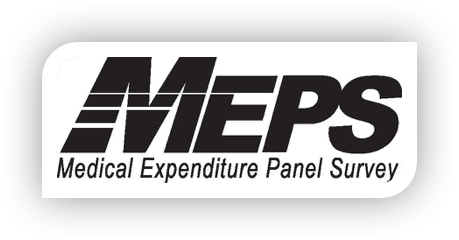
Employee Cost-Sharing in the Medical Expenditure Panel Survey Component 2019 Chartbook
The 2019 Medical Expenditure Panel Survey revealed that the proportion of health insurance enrollees with a deductible increased from 66.4% in 2006 to 86.6% in 2019. As of 2019, 55.3% of individual enrollees and 53.5% of family enrollees were enrolled in high-deductible health plans. Increased exposure to HDHPs may lead beneficiaries to forego necessary care due to out-of-pocket costs, potentially leading to poorer health outcomes and higher overall costs.

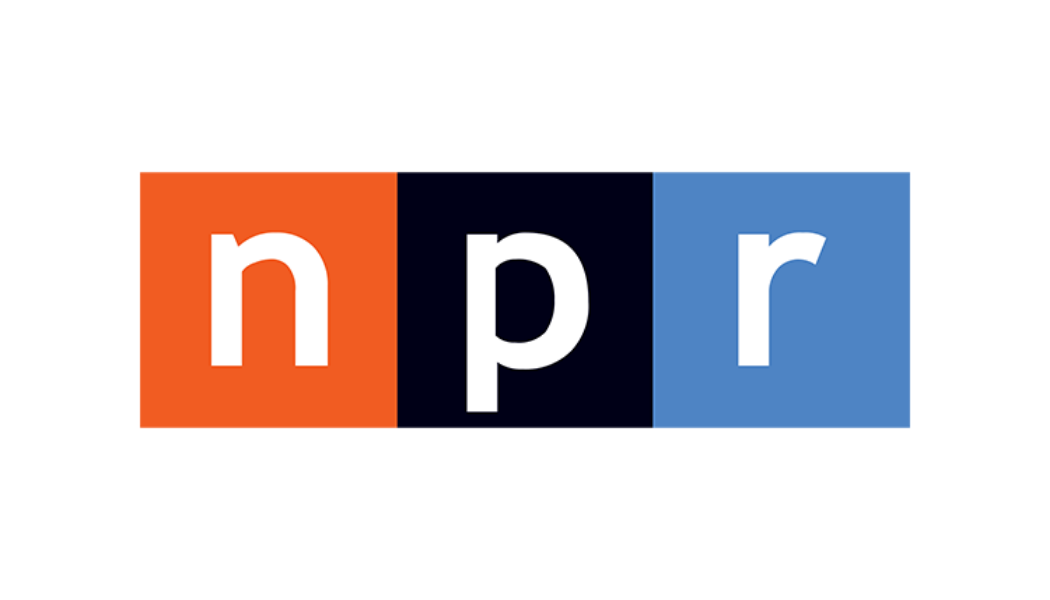
Despite ACA Coverage Gains, Millions Still Suffer 'Catastrophic' Health Care Costs
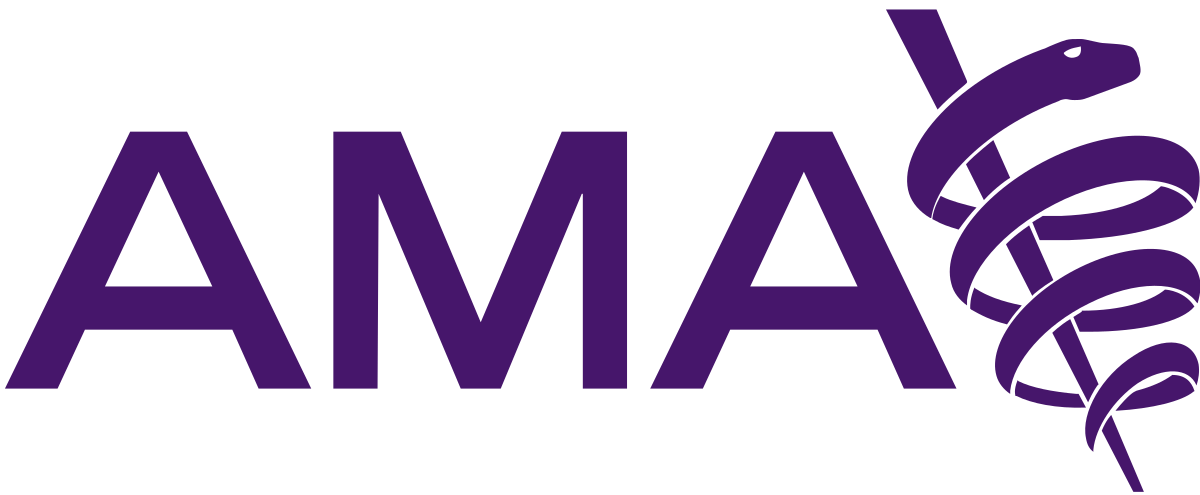
Help Cut Burdens of High-Deductible Health Plans
The American Medical Association has adopted new policies to mitigate the negative impacts of high-deductible health plans. The policies encourage ongoing research, advocacy, and collaboration to develop innovative health plan designs, including clinically-nuanced benefit designs. The AMA also encourages employers to tailor health insurance plans to the preferences and needs of their employees.
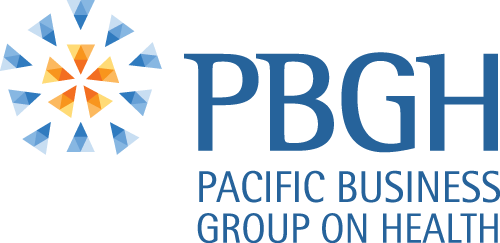
PBGH Survey: Nearly Sixty Percent of Employers Prioritizing Reducing Health Care Costs in 2021
The results of a poll conducted by the Pacific Business Group on Health indicate that nearly 60% of employers prioritize reducing health care and prescription drug costs in 2021. To reduce costs, employers plan to alter drug formularies to eliminate wasteful spending, engage in value-based contracts, and invest in methods to address inequities in care delivery and outcomes.
Please Help Support the V-BID Center
As a non-profit entity, the V-BID Center relies on fundraising to support our research, education, and policy efforts. Please help us continue our work by donating here. We truly appreciate your consideration.


